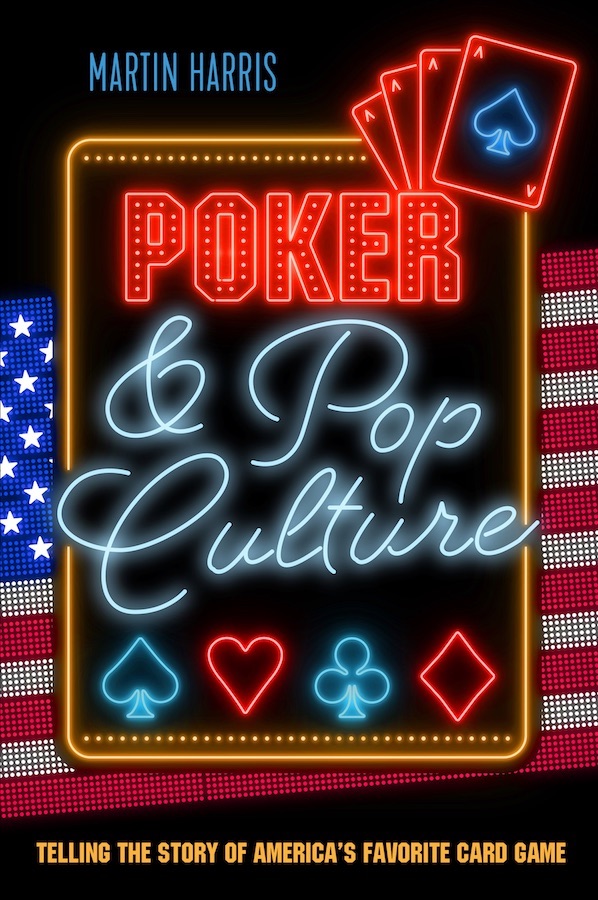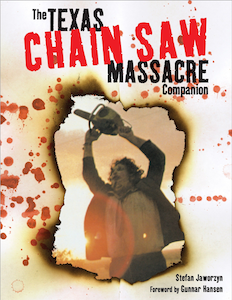New Poker Reads to Recommend
There’s also the usual, endless amount of farm work to be done. We’ve picked up a new barn cat who just appeared one day and has now moved in permanently. Just six months or so, and impossibly cute. We call her Nancy.
But you didn’t come here for news flashes about felines. Let me share something of use to you -- recommendations of a couple of new poker titles, both of which can be filed under the heading of something a little out-of-the-ordinary when it comes to this niche genre.
One is my friend Tommy Angelo’s new one Painless Poker, a book he first started telling me about several years ago and which has finally made it to the presses. I’m about halfway through this one now, and it has been an entirely enjoyable ride thus far.
Painless Poker is an entirely unique poker book, compiling both a wide variety of advice to players and some enjoyable, insightful character creation and examples of storytelling. If you’ve read Tommy’s earlier books -- Elements of Poker or A Rubber Band Story and Other Poker Tales -- you’ll recognize he takes a similar approach toward combining entertainment and enlightenment with Painless Poker.
Rather than explain the narrative frame, I’ll let Tommy do that himself -- check out this interview we did for PokerNews a while back that introduces the book and includes an excerpt: “Tommy Angelo Presents His New Book ‘Painless Poker.’”
The other book I wanted to recommend is a nifty, slim history telling the remarkable story of poker’s prominence in Gardena, California during the middle decades of the 20th century, a book called Gardena Poker Clubs: A High-Stakes History by Max Votolato.
I found out about this book after doing a bit of writing myself about California Poker for my ongoing “Poker & Pop Culture” series of articles for PokerNews. One article in particular concentrated on a recent documentary Votolato made titled Freeway City that presented the history of Gardena with considerable attention given to the role the several famous poker rooms played in the city’s story.
The experience making that film led Votolato to follow-up with the book where he could share a lot more about the various figures and card clubs. It’s a neat, well-made volume with lots of pictures -- really a valuable resource to those interested in poker’s historical development during the 20th century.
So there are a couple of summer reads for you. And of course, if you’re looking for something besides poker to read about while on the beach, you can always pick up my novel Obsessica as well.
Labels: *the rumble, Gardena Poker Clubs, Max Votolato, Painless Poker, Poker & Pop Culture, Tommy Angelo


















